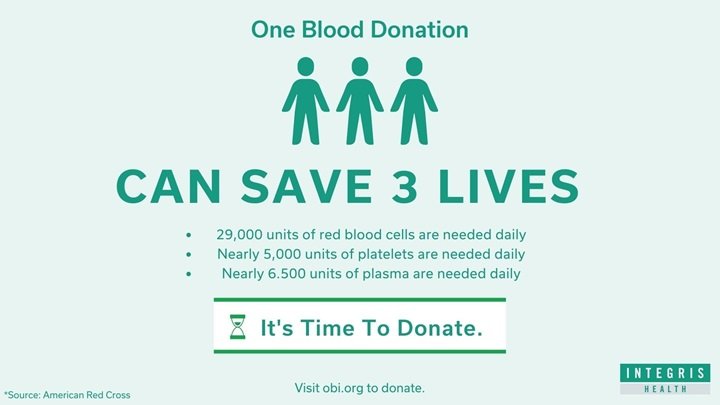
Platelets play a crucial role in our bodies, primarily in blood clotting. When injuries occur, platelets rush to the site to help prevent excessive bleeding. However, certain medical conditions can lead to a shortage of platelets, necessitating transfusions. Understanding who needs platelets and how you can help can make a significant difference in the lives of those affected.
Who Needs Platelet Transfusions?
- Cancer Patients: Many cancer treatments, including chemotherapy, can reduce platelet counts. Patients undergoing these treatments may require platelet transfusions to manage side effects and prevent complications.
- Surgery Patients: Individuals undergoing major surgeries, especially those involving the heart or other critical organs, may need platelets to ensure proper healing and prevent excessive bleeding.
- People with Blood Disorders: Conditions like aplastic anemia, leukemia, and certain types of thrombocytopenia (low platelet counts) often require platelet transfusions to maintain safe levels.
- Trauma Victims: Patients who have experienced severe trauma, such as accidents or injuries, may need platelet transfusions to stabilize their condition and facilitate recovery.
- Patients with Liver Disease: Liver diseases can affect the production of platelets, leading to low counts. Transfusions may be necessary to manage these levels during treatment.
How You Can Help
- Donate Platelets: The most direct way to help is by donating platelets. Unlike whole blood donation, platelet donations can take a bit longer, but they are critical for patients in need. Most donation centers have specific requirements, so check eligibility before you go.
- Spread Awareness: Educate others about the importance of platelet donations. Share information through social media, community events, or by talking to friends and family. The more people know about the need, the more likely they are to donate.
- Organize Drives: Work with local hospitals or blood donation centers to organize platelet donation drives. This can increase participation and ensure that more platelets are available for those in need.
- Support Blood Donation Organizations: Many organizations are dedicated to promoting blood and platelet donations. Consider supporting them through volunteering or fundraising to help raise awareness and resources for their efforts.
- Advocate for Patients: Advocate for policies and programs that support blood donation initiatives and research into blood disorders. Your voice can help bring about positive changes in healthcare and patient support.
Conclusion
Platelets are vital for many patients undergoing treatment for various medical conditions. By understanding who needs them and how you can help, you can play a significant role in supporting these individuals. Whether through donation, awareness, or advocacy, your efforts can make a meaningful impact in the lives of those who rely on platelets for their health and recovery.